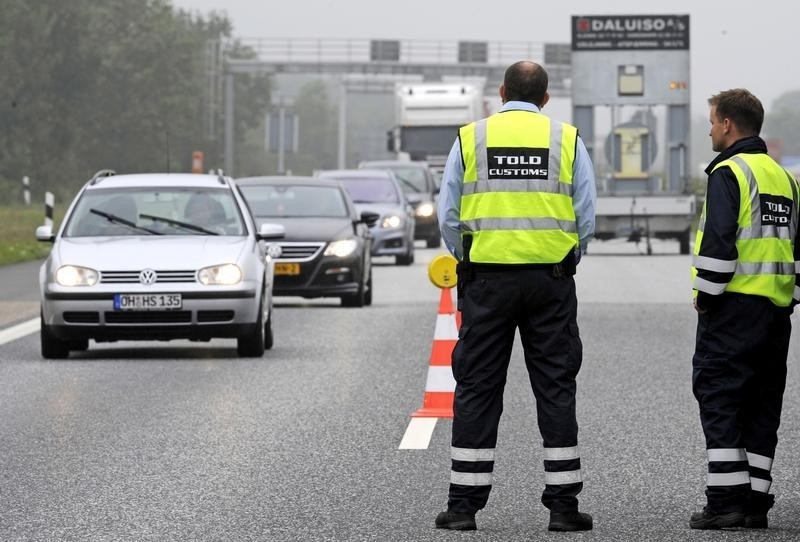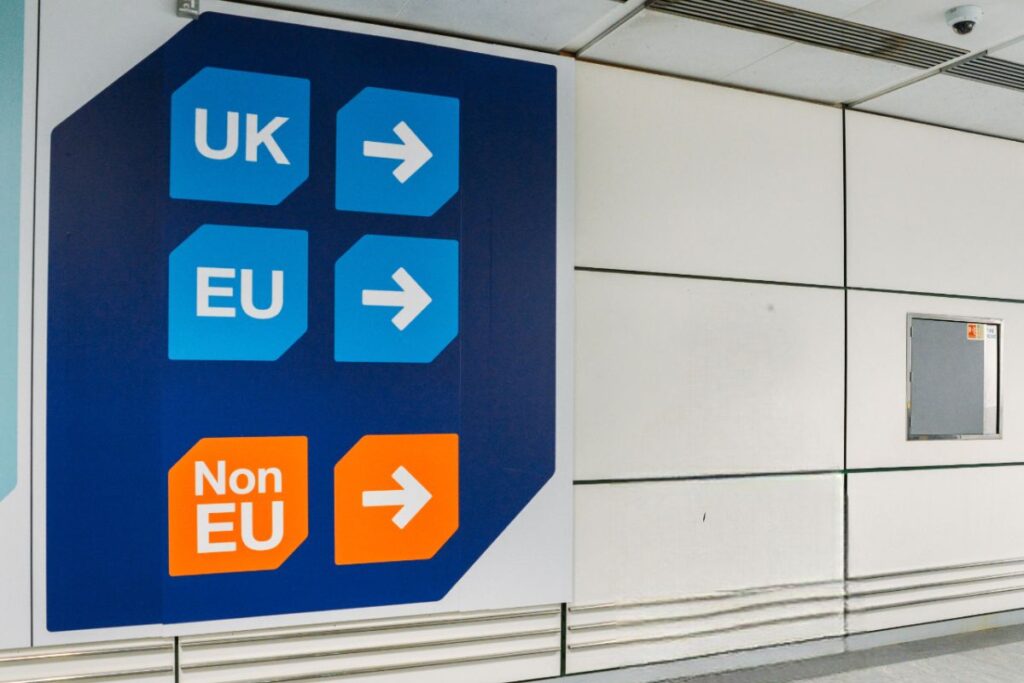
Germany’s extended border controls have sparked concerns about a potential ripple effect across the Schengen Area. Here’s a concise breakdown:
Reasons for Germany’s Border Controls
- Migration Surge: Increased asylum seekers and undocumented migrants.
- Security Threats: Rising concerns over organized crime and terrorism.
- Health Precautions: Measures to control the spread of diseases like COVID-19.
Potential Domino Effect in Schengen
- Neighboring Countries’ Response: Others may reintroduce border checks, disrupting free movement.
- Erosion of Trust: Germany’s actions could weaken trust among Schengen members.
- Impact on EU Integration: Could hinder efforts toward deeper EU cooperation.
Economic and Social Implications
- Trade Disruptions: Delays in goods movement, affecting supply chains and growth.
- Travel Inconvenience: Longer wait times and more bureaucracy for travelers.
- Cultural Strain: Restrictions could isolate European populations and impact social cohesion.
Possible Solutions
- EU-wide Coordination: Strengthen collaboration on external border management.
- Border Technology: Invest in advanced surveillance to ensure security with minimal disruption.
- Holistic Migration Approach: Develop strategies to address migration pressures effectively.
Conclusion
Germany’s border controls highlight challenges in balancing security and free movement within Schengen. Coordinated responses are essential to prevent a domino effect that could undermine European unity.
For more details and latest updates, connect with us only on visa@gogpl.in or visit our website at www.greenoutdoors.in



